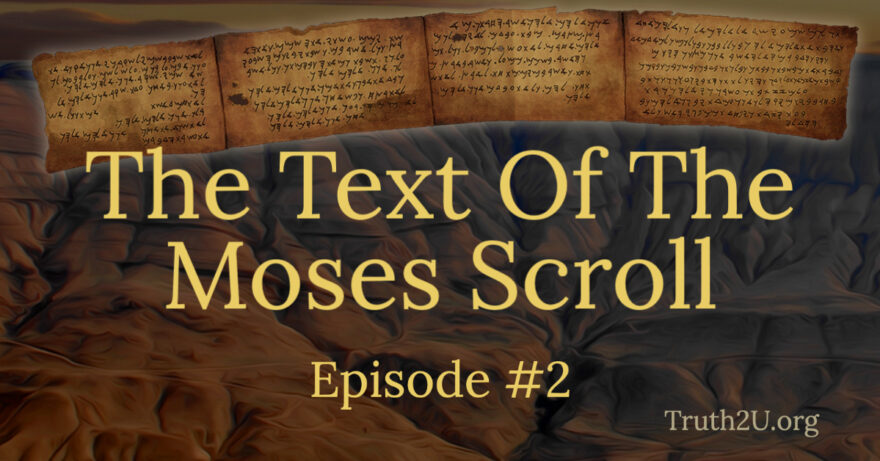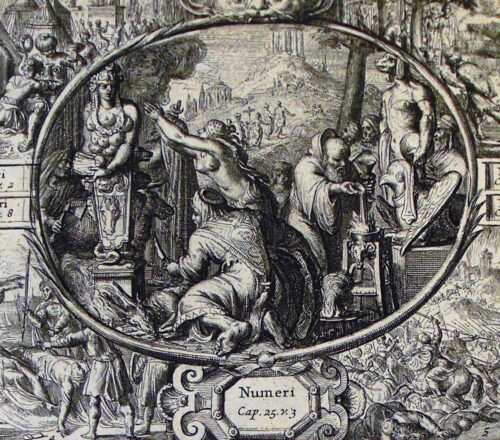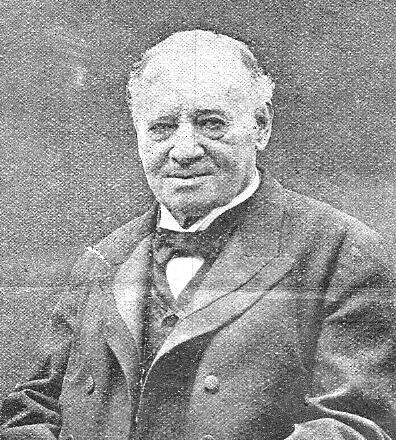The Text Of The Moses Scroll – Episode #2 – Ross K Nichols
This week, Ross and Jono work through the opening verses of The Moses Scroll. They discuss some of the notable readings in the text, comparing and contrasting them with the Masoretic text. One of the interesting points of the manuscript is that aside from the opening and closing lines, it uses Elohim rather than the Tetragrammaton. The phrase Elohim Elohekha appears throughout The Moses Scroll. Is this phrase attested in the Hebrew Bible? Could it reflect an earlier and perhaps more authentic reading? And what about the geographical references mentioned in the opening lines? Don’t miss Episode Two of The Text of The Moses Scroll.





I find this subject fascinating, but so far have failed to grasp what it is that has both of you believing it is an authentic predecessor to our modern Deuteronomy.
We don’t have the originals to perform any tests on. All we apparently have are 19th century artistic renderings. Sure, some of the features which led scholars to reject it as a forgery we have subsequently confirmed to be genuine from the DSS, but the sense I get is that about the only positive speculation to which one can arrive is that this is an ancient document in the same sense the DSS are.
The DSS are all over the place (in terms of content and theology) and simply represent texts that were in circulation at the time. Shapira’s scroll simply becomes another such text. What is it that has you so convinced it’s something closer to the original writings of Moses?
What reason would anyone have to suppress the commandment to not hate one’s brother in one’s heart, and isn’t it somewhat odd to have that as a commandment along with the command to not murder one’s brother? I mean if you’re considering murdering your brother you probably bear some level of ill will toward him by this point.
BTW in terms of the Exodus 6:3 problem, it would be nice if all bases are covered and people are given as much information as possible. Exodus 6:3, as you well know Jono from your Torah Pearls podcast covering parish Vaeira with Nehemia Gordon and Keith Johnson (https://www.nehemiaswall.com/torah-pearls-vaeira), can be read rhetorically, i.e. it’s just as legitimate to read it as “by my name YHWH was I not known to them?” which solves the problem of the elders to which Moses is sent not knowing said name. (And regardless of when you believe this name was “revealed”, the name YHWH present in Genesis is not surprising at all if Genesis was compiled with the rest of the Torah materials well after the name was made known, possibly from original source tablets as speculated by P. J. Wiseman, whose hypothesis was quite compelling if you ask me.)